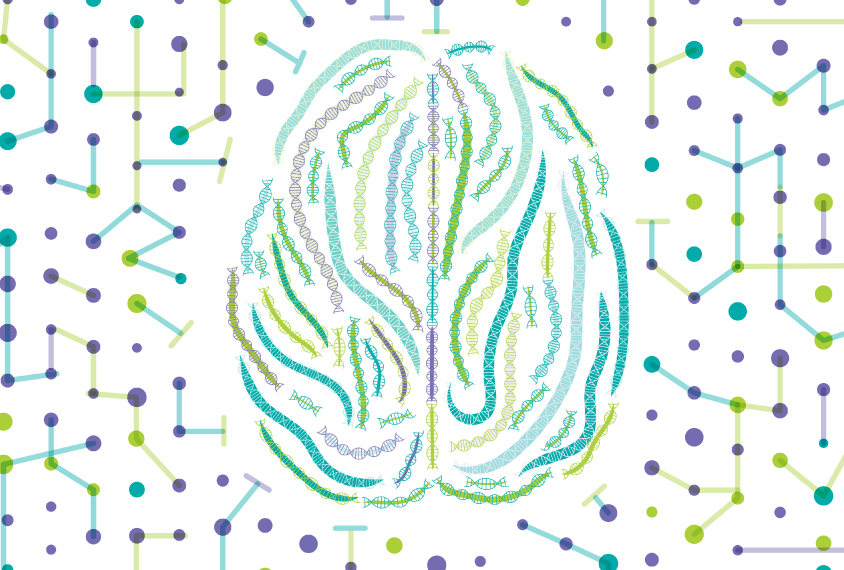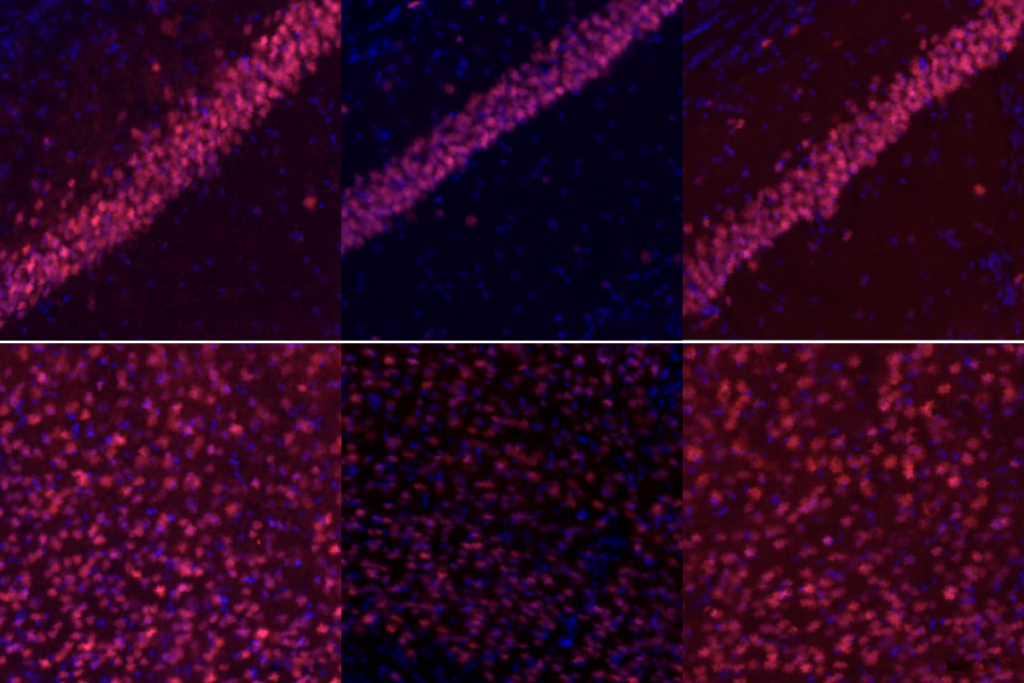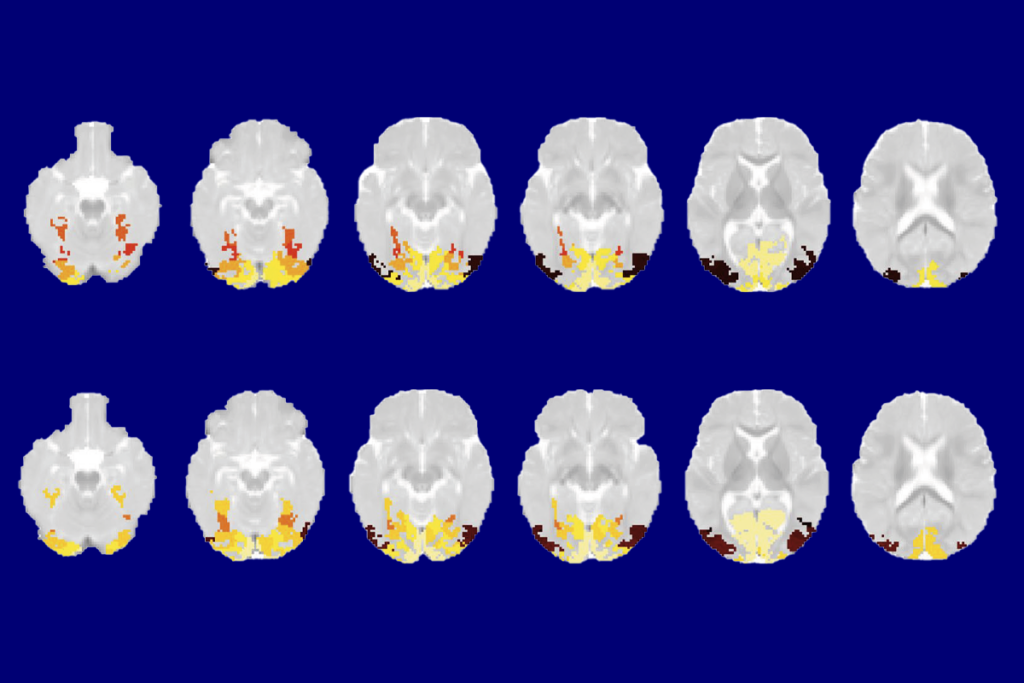David Ledbetter is chief clinical officer of Dascena, a personalized medicine company.
David Ledbetter
Chief clinical officer
Dascena
From this contributor
There are no autism-specific genes, just brain genes
There is not yet a single example of a gene that, when mutated, increases the likelihood of autism but not of other neurodevelopmental conditions, including intellectual disability.

There are no autism-specific genes, just brain genes
Developmental disorders should be viewed as continuum
Intellectual disability, autism, epilepsy and schizophrenia should be considered part of a spectrum of developmental brain dysfunction, says David Ledbetter.

Developmental disorders should be viewed as continuum
Explore more from The Transmitter
Marcelle Lapicque: A forgotten pioneer of neuroscience
Lapicque was the first Black female neuroscientist in Europe, new research suggests.
Marcelle Lapicque: A forgotten pioneer of neuroscience
Lapicque was the first Black female neuroscientist in Europe, new research suggests.
In-vivo base editing in a mouse model of autism, and more
Here is a roundup of autism-related news and research spotted around the web for the week of 23 February.

In-vivo base editing in a mouse model of autism, and more
Here is a roundup of autism-related news and research spotted around the web for the week of 23 February.
Infant visual system categorizes common objects by 2 months of age
Brain activity patterns in the ventral visual cortex appear to distinguish images across 12 categories, including birds and trees, longitudinal functional MRI scans suggest.

Infant visual system categorizes common objects by 2 months of age
Brain activity patterns in the ventral visual cortex appear to distinguish images across 12 categories, including birds and trees, longitudinal functional MRI scans suggest.